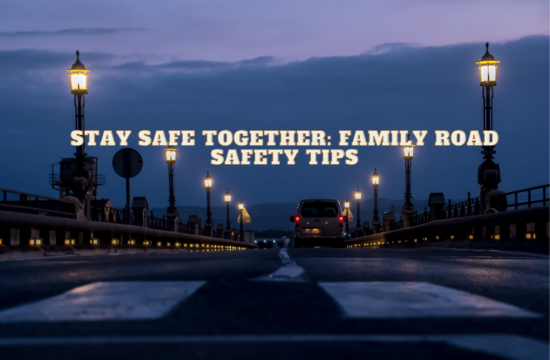Becoming a licensed teen driver is exciting. It often leads to forming hierarchies among friends based on who can drive and who has access to a car. A memorable part of teenage life is going on independent road trips, even if just for a weekend getaway or a special event. If your teen will be the one driving, safety and preparedness are top concerns. To ensure their safety, plan the trip together and help them prepare. Here are five essential tips…
Your Card, Your Control
“Your Card, Your Control” is a safety measure for a teenager’s road trip. By giving the teen their own payment card, parents can set spending limits and monitor transactions in real-time. This promotes financial responsibility, prevents overspending, and enhances security during the trip, teaching valuable money management skills.
In Case of Emergency: Who to Call
Having a designated “In Case of Emergency” contact is vital for a teenager’s road trip safety. It ensures there’s a trusted person to call for help or guidance during unforeseen situations. This precautionary measure aids in quick response to accidents or emergencies, providing valuable support and potentially saving lives.
Time for Car Maintenance
Scheduling regular car maintenance before a road trip and knowing who to call for such services is crucial for a teenager’s safety. It ensures the vehicle is in optimal condition, reducing the risk of breakdowns on the road. Having a reliable mechanic’s contact helps resolve any unexpected car issues promptly, promoting a smooth and secure journey.
Prebook Stay and Parking
Prebooking accommodations and parking spaces and knowing who to call for reservations is essential for a teenager’s road trip safety. It guarantees a secure place to rest and park, especially in unfamiliar areas. Having these contacts readily available ensures a stress-free and secure trip, providing peace of mind for both teens and parents.
Create a Check-In Calendar
Creating a check-in calendar and designating specific contacts is vital for a teenager’s road trip safety. It ensures regular communication with trusted individuals, allowing them to monitor the trip’s progress. In case of any unexpected events, knowing who to call can facilitate prompt assistance, enhancing overall security and peace of mind.



